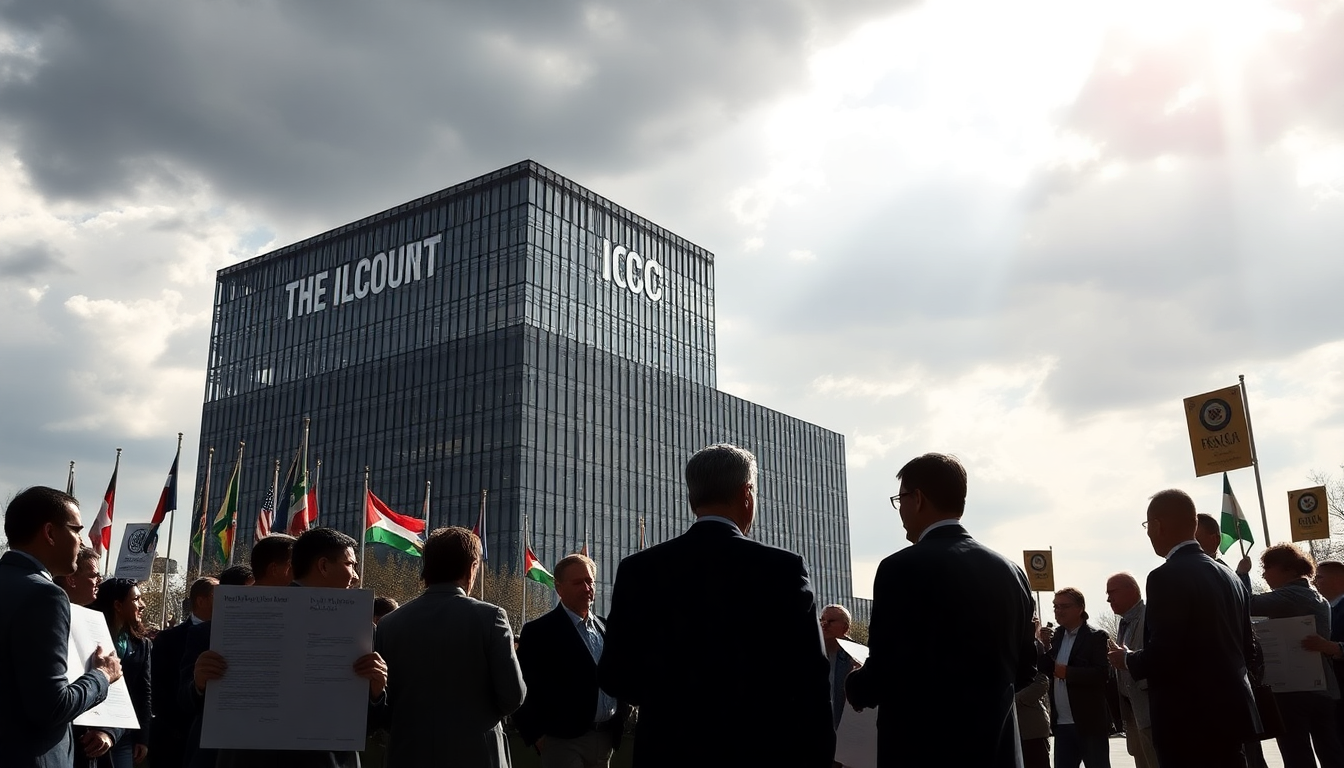Table of Contents
The recent announcement of sanctions by the United States against members of the International Criminal Court (ICC) has stirred the pot in the ongoing discussions about international law and justice. But what does this really mean for the global stage? This move comes amidst heightened scrutiny over alleged abuses in Gaza, and it underscores the intricate relationship between the US, Israel, and international judicial bodies. To fully grasp the implications of these sanctions, we need to dive into the current geopolitical landscape.
What’s Behind the New US Sanctions?
On Wednesday, US Secretary of State Marco Rubio declared that several members of the ICC would face new sanctions. This isn’t just a random development; it’s part of a pressure campaign that started during the Trump administration. Remember when the ICC issued arrest warrants for Israeli officials, including Prime Minister Benjamin Netanyahu, over allegations of war crimes in Gaza? That was a pivotal moment, and now we’re seeing the fallout.
Rubio has gone so far as to label the ICC a national security threat, claiming it has been used as a tool for ‘lawfare’ against the US and its allies. The latest sanctions specifically target judges and prosecutors involved in those controversial arrest warrants. Clearly, the administration is making a strong statement about its determination to protect its allies from what it sees as unjust actions.
The ICC, on the other hand, is not taking this lying down. It has responded strongly, calling the sanctions a direct attack on judicial independence and the rights of victims of war crimes everywhere. The court is committed to pursuing justice despite these external pressures, showing a resilient spirit in the face of political challenges.
The Ripple Effects on Global Relations
As the US takes a firmer stance against the ICC, the geopolitical implications are significant. The ICC’s investigations into potential war crimes by US forces in Afghanistan add another layer of complexity, especially since it has also been focusing on abuses by the Taliban and ISIS. This dual narrative complicates international relations, particularly as the ICC tries to fulfill its mandate while facing pushback from powerful nations.
The sanctions also reflect broader political trends, especially regarding Israel’s actions in Gaza. Countries like France and Canada, which have recently recognized a Palestinian state, have expressed concerns over the US’s latest moves. This growing discord raises questions about the future of international cooperation in tackling human rights violations. Are we witnessing a shift in traditional alliances?
The ICC’s Mission in Global Justice
The ICC was established to hold accountable those who commit heinous crimes against humanity, war crimes, and genocide. Although the US and Israel are not signatories to the court, the ICC asserts its jurisdiction based on the locations of alleged crimes. This principle emphasizes the court’s commitment to global justice, even when facing significant political pushback.
As the ICC continues its investigations amid new sanctions, the spotlight will likely turn to how it can maintain its independence and effectiveness in promoting accountability. The current geopolitical climate poses challenges, but the court’s leadership remains steadfast in its mission to uphold international law, no matter the external pressures. Will the ICC manage to navigate these turbulent waters and stay true to its mission? Only time will tell.


